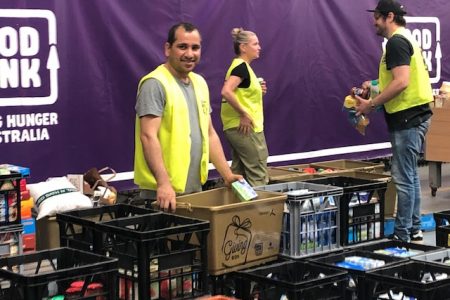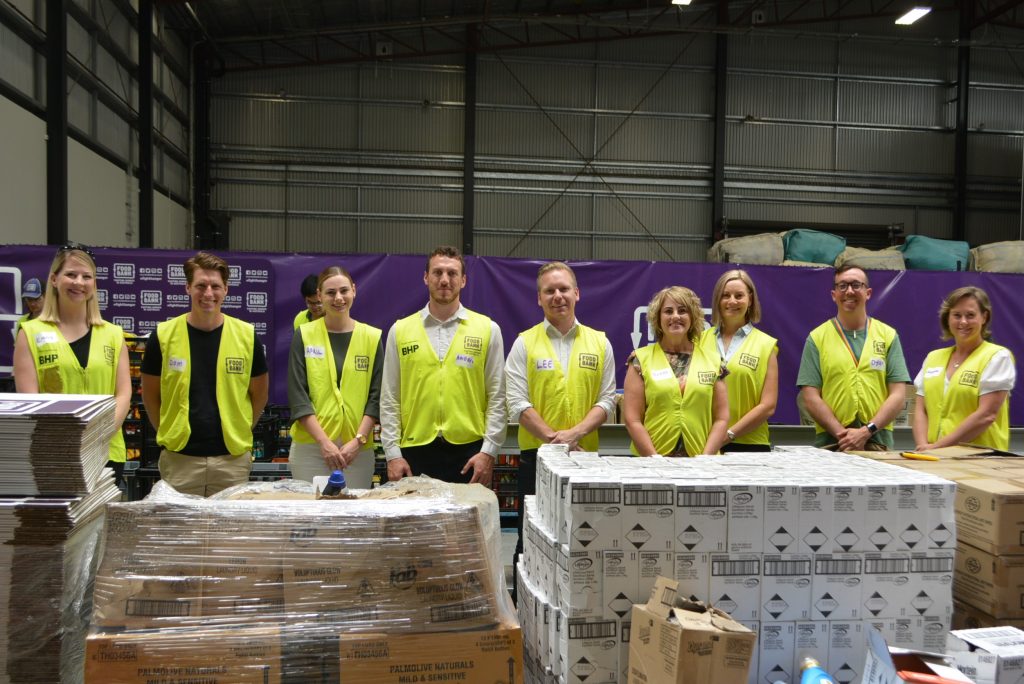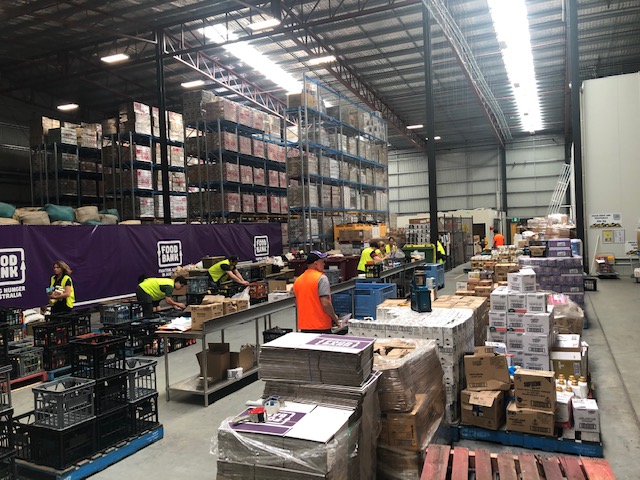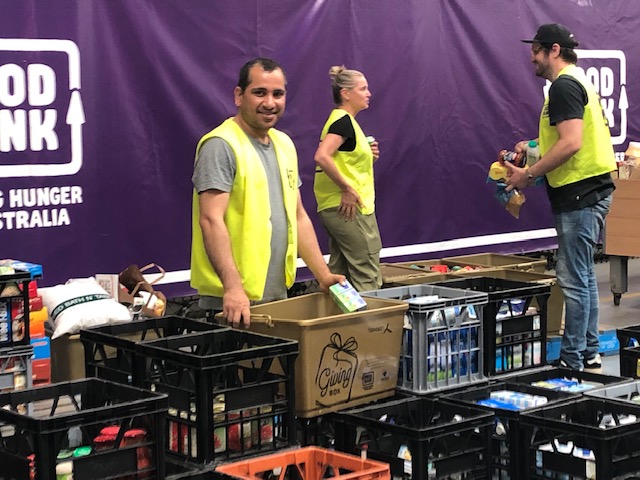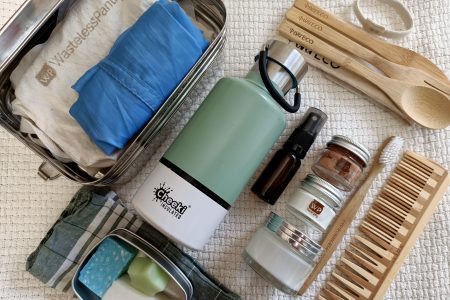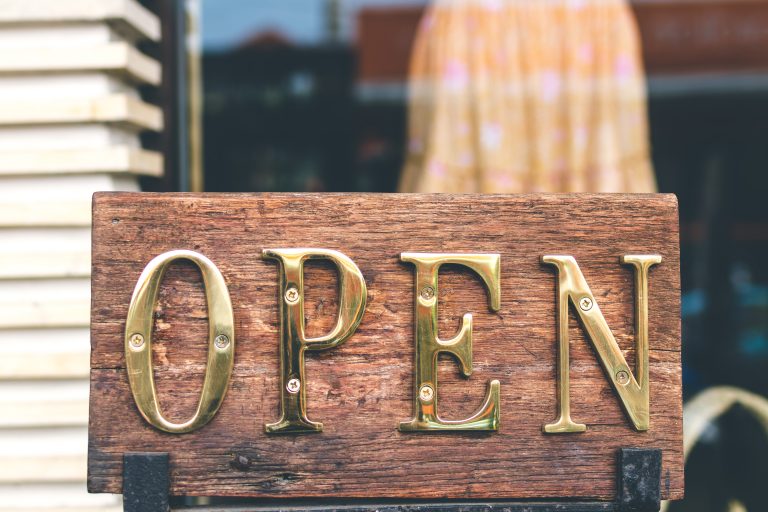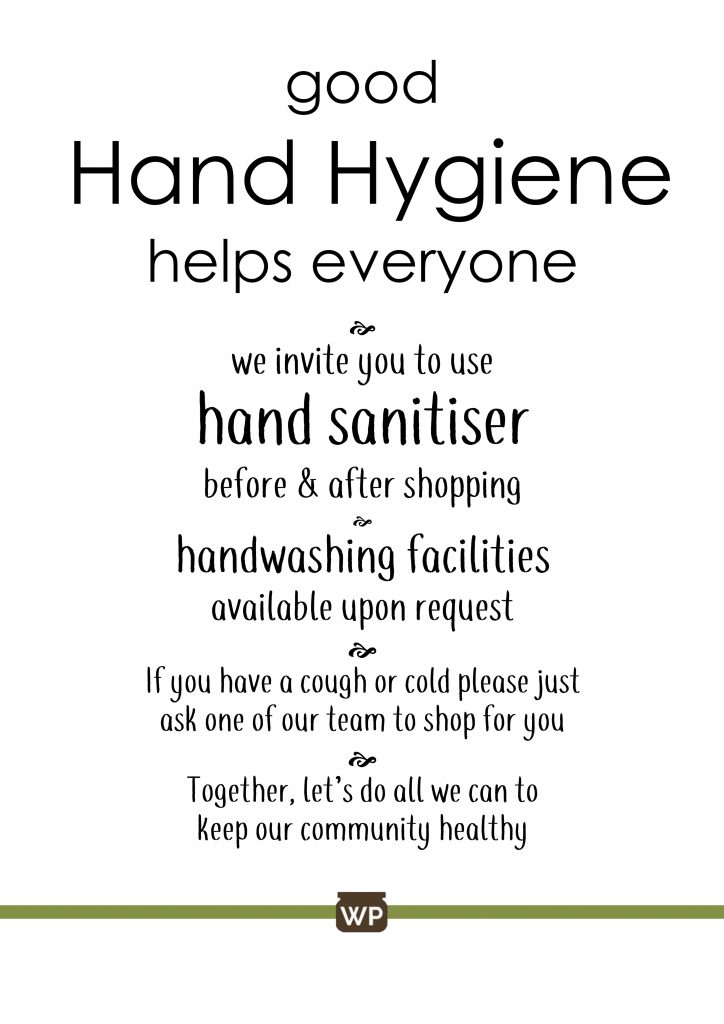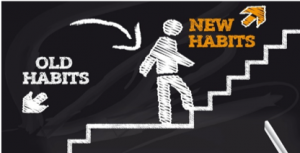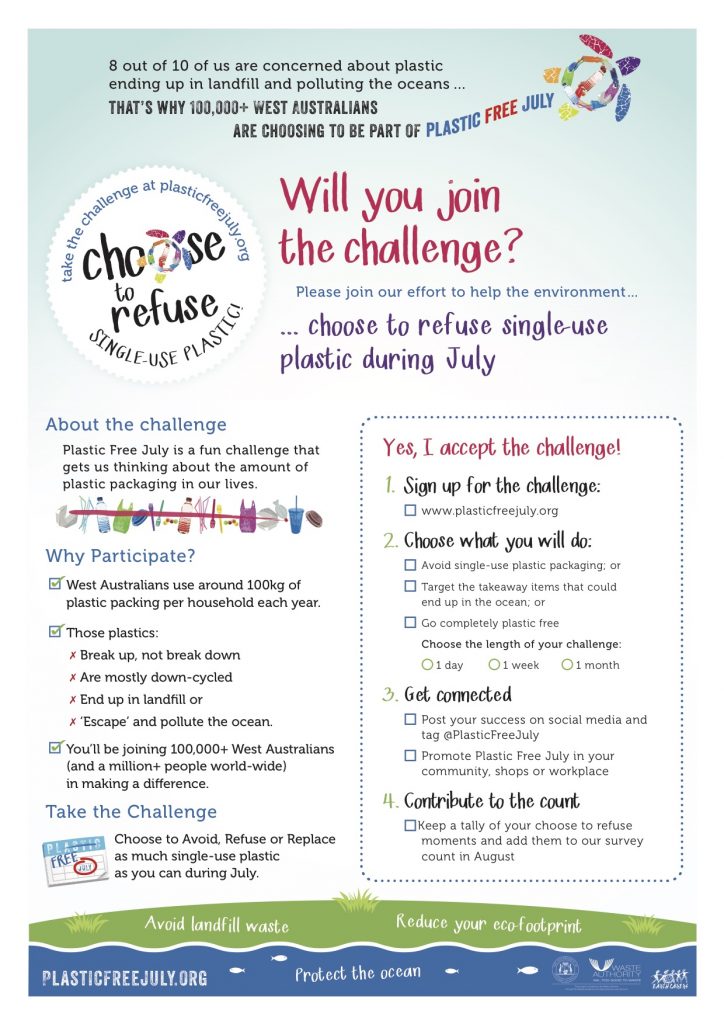
Here’s a fantastic Gluten-Free Seed Bread Loaf recipe that’s perfect for a nutritious, hearty bread. It’s packed with seeds and made using simple gluten-free ingredients that you can find at Wasteless Pantry, where you can refill your containers to avoid packaging waste.
Gluten-Free Seed Bread Loaf Recipe (using a 500g loaf tin)
Ingredients:
- 350g gluten-free crusty bread mix
- 40g brown rice flour
- 315ml lukewarm water (+/- 20ml, adjust as needed)
- 2 heaped tsp dried yeast
- 2 tsp chia seeds
- 4 tsp ground flaxseed
- 20g pepitas (pumpkin seeds)
- 15g sunflower seeds
- 1/3 tsp salt
- 3 tsp (15ml) vegetable oil
Method:
- Prepare Your Ingredients:
Using a flat digital scale, place your mixing bowl on it and zero the scale. Measure out all your ingredients directly into the bowl. - Mix the Dough:
In the mixing bowl, combine the gluten-free crusty bread mix, brown rice flour, chia seeds, ground flaxseed, pepitas, sunflower seeds, yeast, and salt. Stir in the lukewarm water and vegetable oil. Start mixing gently with a knife, and add a little extra water if needed to bring the dough together. - Knead the Dough:
Turn the dough onto a floured surface (use brown rice flour to prevent sticking). Knead the dough for about 3 minutes. The dough will be sticky, so flour your hands and the work surface lightly as needed.- For a mixer: Mix on low speed for 1 minute, scrape down the sides, and mix for another 3 minutes on medium speed.
- Shape and Rise:
Form the dough into a loaf shape and place it into an oiled 500g loaf tin. Use a sharp knife to slash the top of the dough to allow for rising. Cover with a silicone baking sheet or a damp cloth. - Let It Rise:
Place the loaf in a warm spot (around 35°C) for about 1 hour to rise. The dough won’t rise much in the oven, so make sure it rises enough before baking. A sunny car or a warm room works well for this. - Bake:
Preheat your oven to 220°C. Bake the loaf for 30 minutes, then remove it from the tin and bake for another 5-10 minutes until the loaf is golden brown and sounds hollow when tapped. - Cool Before Slicing:
Allow the loaf to cool for at least 10 minutes before slicing to avoid the bread becoming sticky. - Storage:
If you’re not consuming the loaf within two days, slice it and store it in the freezer in a bread bag. Thin slices are perfect since this loaf is quite dense and substantial.
Benefits of Buying Ingredients at Wasteless Pantry:
At Wasteless Pantry, you can source your chia seeds, flaxseeds, gluten-free bread mix, and all the other ingredients for this recipe without the need for unnecessary packaging. By bringing your own containers and purchasing in bulk, you not only reduce plastic waste but also ensure that you’re supporting sustainable, eco-friendly practices. Shopping at Wasteless Pantry means you buy only what you need, helping to prevent food waste and live a more zero-waste lifestyle.



